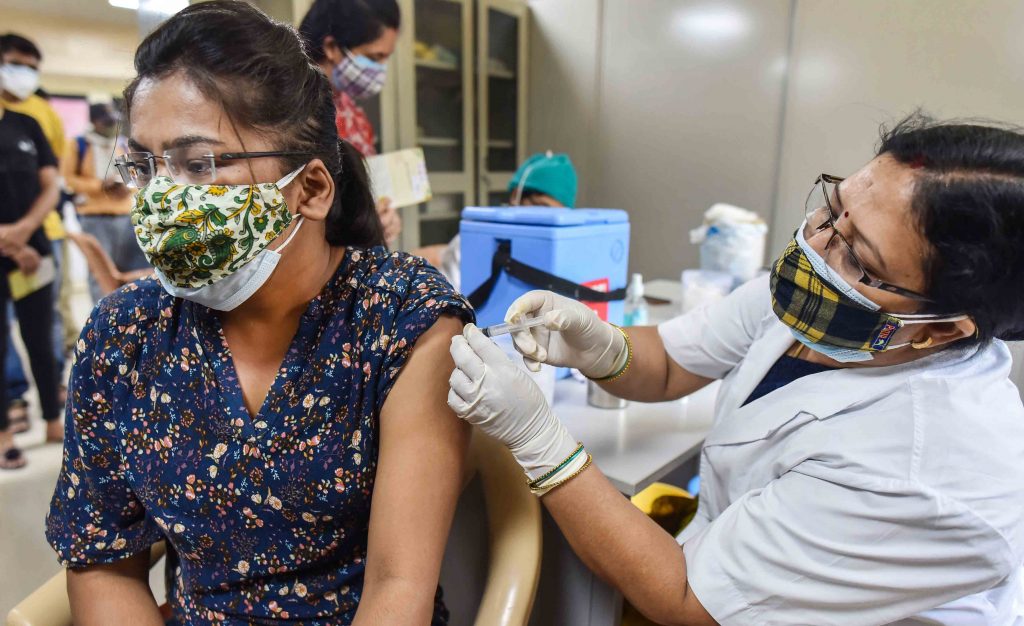London: Being vaccinated against Covid halves people’s risk of developing long Covid, according to new research conducted on more than 860,000 patients.
The findings showed that overweight people, women, smokers and those over the age of 40 are also more likely to suffer from long Covid.
In addition, people with comorbidities such as asthma, COPD, Type 2 diabetes, coronary heart disease, immunosuppression, anxiety and depression are also associated with increased risk of long Covid.
And patients who are hospitalised during their acute Covid infection are also more likely to experience long Covid.
“Conversely, it was reassuring to see that people who had been vaccinated had significantly less risk – almost half the risk – of developing long Covid compared to unvaccinated participants,” said Prof Vassilios Vassiliou, from the University of East Anglia.
The findings, published in the journal JAMA Internal Medicine, are based on data from 41 studies around the world, involving a total of 860,783 patients.
“Long Covid is a complex condition that develops during or after having Covid, and it is classified as such when symptoms continue for more than 12 weeks,” Vassiliou said.
“Long Covid affects people in different ways. Breathlessness, a cough, heart palpitations, headaches, and severe fatigue are among the most prevalent symptoms.
“Other symptoms may include chest pain or tightness, brain fog, insomnia, dizziness, joint pain, depression and anxiety, tinnitus, loss of appetite, headaches, and changes to sense of smell or taste,” Vassiliou said.
The study will help define the full demographic characteristics and the risk factors for developing long Covid.
Furthermore, the findings will help authorities develop a better strategy for optimising any modifiable risk factors, with public health promotion campaigns, encouraging smoking cessation, vaccination and healthy weight management in the target population, the researchers said.
IANS
